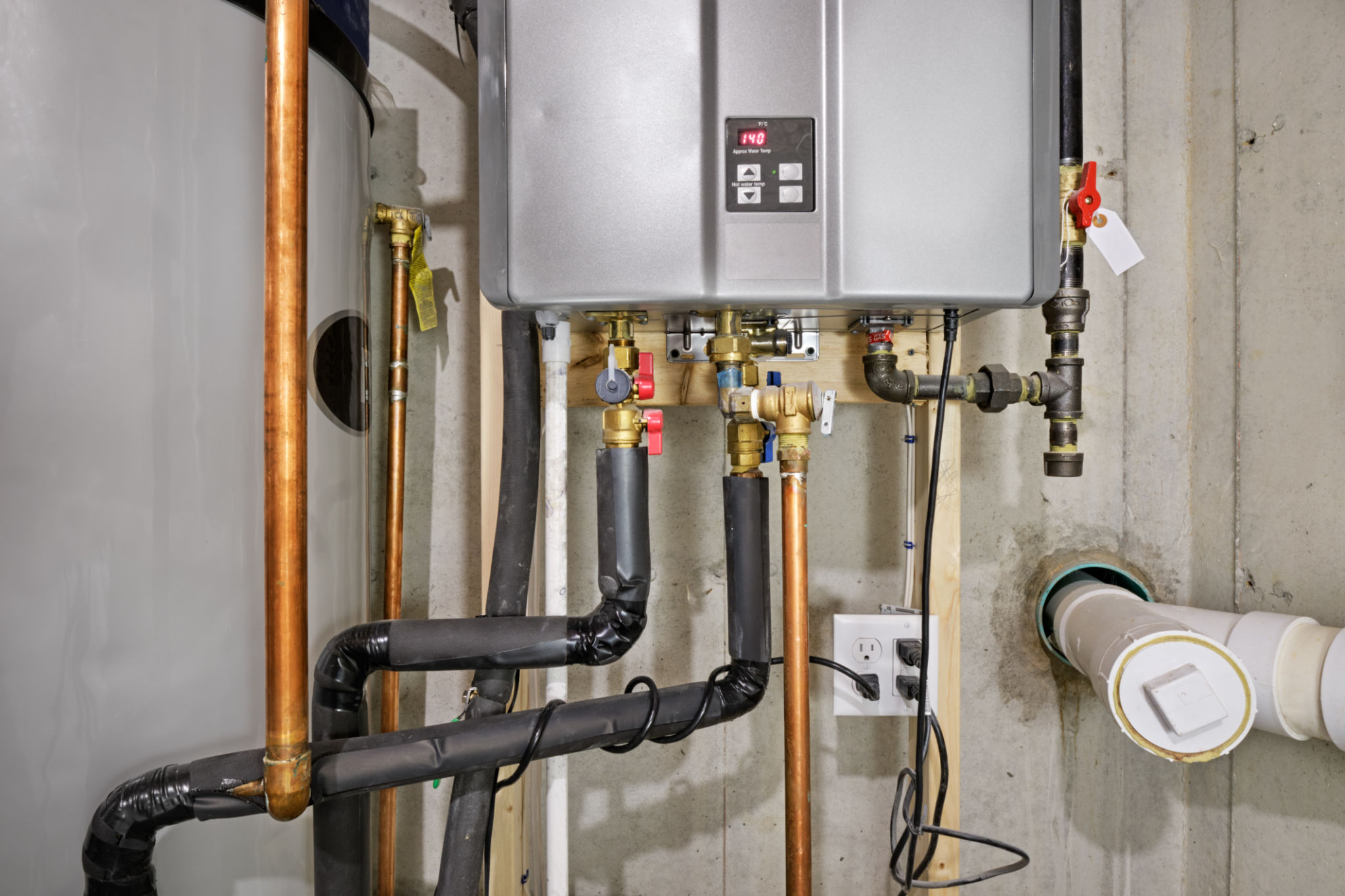Understanding the Latest Trends in Hot Water Technology
Introduction to Hot Water Technology
As technology evolves, so too does the world of hot water systems. From energy-efficient solutions to smart technology integrations, the latest trends in hot water technology are transforming how we heat and use water in our homes and businesses. Understanding these trends can help consumers make informed decisions that save money and reduce environmental impact.

Energy Efficiency and Sustainability
One of the most significant trends in hot water technology is the focus on energy efficiency and sustainability. With growing concerns about climate change and rising energy costs, manufacturers are prioritizing the development of systems that consume less energy. Innovations include improved insulation for tanks, heat pump water heaters, and solar-powered options that significantly cut down on energy use.
These advancements not only help reduce utility bills but also contribute to lowering the carbon footprint. Homeowners are increasingly opting for systems that offer Energy Star ratings, which ensure appliances meet stringent efficiency guidelines set by the Environmental Protection Agency.
Smart Technology Integration
The integration of smart technology is revolutionizing the way we interact with hot water systems. Modern systems now come with features that allow users to control temperature settings remotely via smartphone apps. This smart integration enables homeowners to monitor usage patterns and receive alerts for maintenance needs, leading to better management and extended lifespan of their systems.

Tankless Water Heaters
Tankless water heaters are gaining popularity due to their ability to provide on-demand hot water, eliminating the need for a large storage tank. These systems heat water directly as it flows through the unit, offering a more efficient alternative to traditional storage tank heaters. The compact size of tankless heaters also makes them an attractive choice for homeowners with limited space.
The initial investment in a tankless system may be higher, but the long-term savings in energy costs and the extended life span often make it a worthwhile investment.
Hybrid Water Heaters
Hybrid water heaters combine the efficiency of heat pump technology with traditional water heating methods. These systems use ambient air to help heat the water, which can result in significant energy savings compared to conventional electric or gas water heaters. Hybrid models are especially beneficial in warm climates where they can maximize the use of surrounding air temperature.

Improved Materials and Durability
Advancements in materials used for hot water systems have led to improved durability and performance. Modern systems feature corrosion-resistant tanks and enhanced anode rods that extend the lifespan of the heaters. Additionally, manufacturers are focusing on reducing scale buildup, which can compromise efficiency over time.
These improvements mean fewer repairs, lower maintenance costs, and a longer service life, making them a cost-effective choice for consumers looking to invest in reliable hot water solutions.
Conclusion
The latest trends in hot water technology emphasize efficiency, smart capabilities, and sustainability, offering consumers innovative options that cater to modern needs. Whether you are upgrading an existing system or installing a new one, staying informed about these trends can guide you to make choices that benefit both your wallet and the environment.
